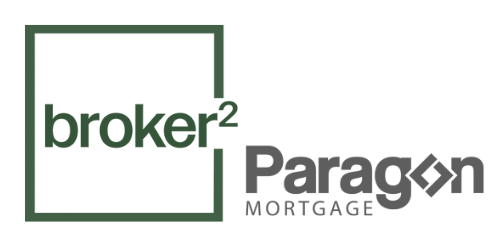9 Quick Tips on Finding a Great REALTOR®
So, you want to buy a home. Or maybe you want to sell your home. Either way, working with a real estate professional or REALTOR® is a really good idea. But with all the agents out there competing to earn your business, how do you find the right one? Here is a quick list of tips that should help you narrow down the list of potential suitors. From there, it's up to you!
Do Your Research. Hands down, the best advice available is simply do your research. It sounds so basic, but regardless of how many more of these tips you read and follow, if you do your homework and gather as much information about working with a potential REALTOR®, you will lessen the chance of getting a dud while increasing the chance of finding someone who will really work hard for you.
Ask your friends and people you trust. If you know someone who has recently bought or sold a property, ask them who they used. From there, ask about their experience, get them to explain both the positives and negatives, ask how the agent communicated, were they easy to reach, were they responsive. And so on. If you feel comfortable with their recommendation, get the agents name and proceed to google them.
Just Google Them. This is great advice on almost any subject. If you are looking at hiring an agent, you will want to google them first. Don't simply look at the first few results, take a look a couple pages deep. You will be surprised by what comes up down the line, maybe they have been involved in legal action in the past, these things are good to know and discuss with them if you want to extend an interview to them.
Check Out Online Reviews. A lot of sites like Google, Facebook, Yelp, and various local media publications will have sections where client testimonials are shared. Because these are shared publicly on independent 3rd party sites, they tend to be more reliable than say the testimonial section on an agents website. The more reviews you can find the better, just as you shouldn't let one rave review sell you, don't let one bad review deter you. The key here is balance.
Check Out Their Website and Social Media Presence. It's no longer 2006, a good website that is mobile friendly is necessary. A REALTOR'S® job is to sell your property or find you the best property available on the market before someone else scoops it up. How they communicate online and how they use technology is a window into how well they will be able to represent you in an online world. You want to find an agent who is up to speed and understands how information is shared online.
Check Out Their Credentials. Have they won any industry awards? Have they won any local awards or people's choice awards? There is probably a reason for it. Good agents tend to get recognized.
Do they Sell Real Estate Full Time? In order to be extremely successful at selling real estate, they have to put in the time. It is very hard to do that working part time hours. You will want to find an agent that works full time in real estate so they are available when you need them to be.
Have an interview. After you have spent the time finding an agent that comes highly recommended by friends, and you have done your research, you should have an informal interview to see if you get along with them. If you are looking to buy a property, you might want to meet in a local coffee shop in the area you would like to buy in and ask questions about the area. If you are selling, consider having the agent over to your property and have them provide you with an estimated sales price. You can also discuss their commission structure and the plan they would have to sell your place.
Don't Feel Any Pressure. Finding a great agent is important, if you feel uncomfortable with someone, chances are other people will as well. Sometimes it works out and you simply "click" with a certain agent, while other times you might have to interview 3 or 4 agents before finding someone you want to work with. Not all agents are created equal, some are better than others, and some are A LOT better than others.
The key to finding a great REALTOR® is to do your research ahead of time. Make sure this is someone you feel comfortable with. This will save you time, heartache and money down the road. The last thing you want to have to do is find another REALTOR® half-way through the process.
Of course if you would like an introduction to a REALTOR® or two that we have worked with in the past and highly recommend, please let us know, we would be happy to pass some names on to you. Contact us anytime!








